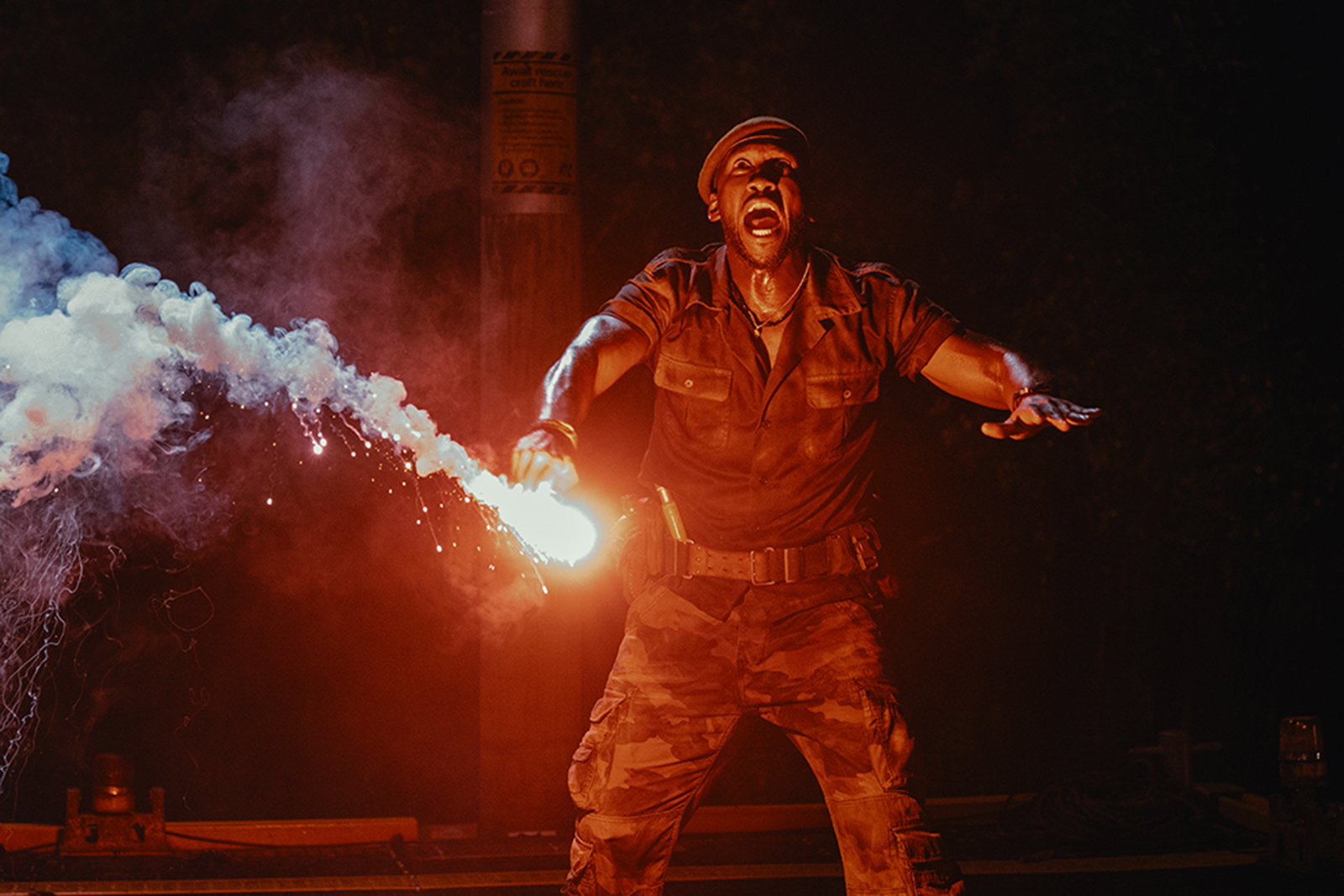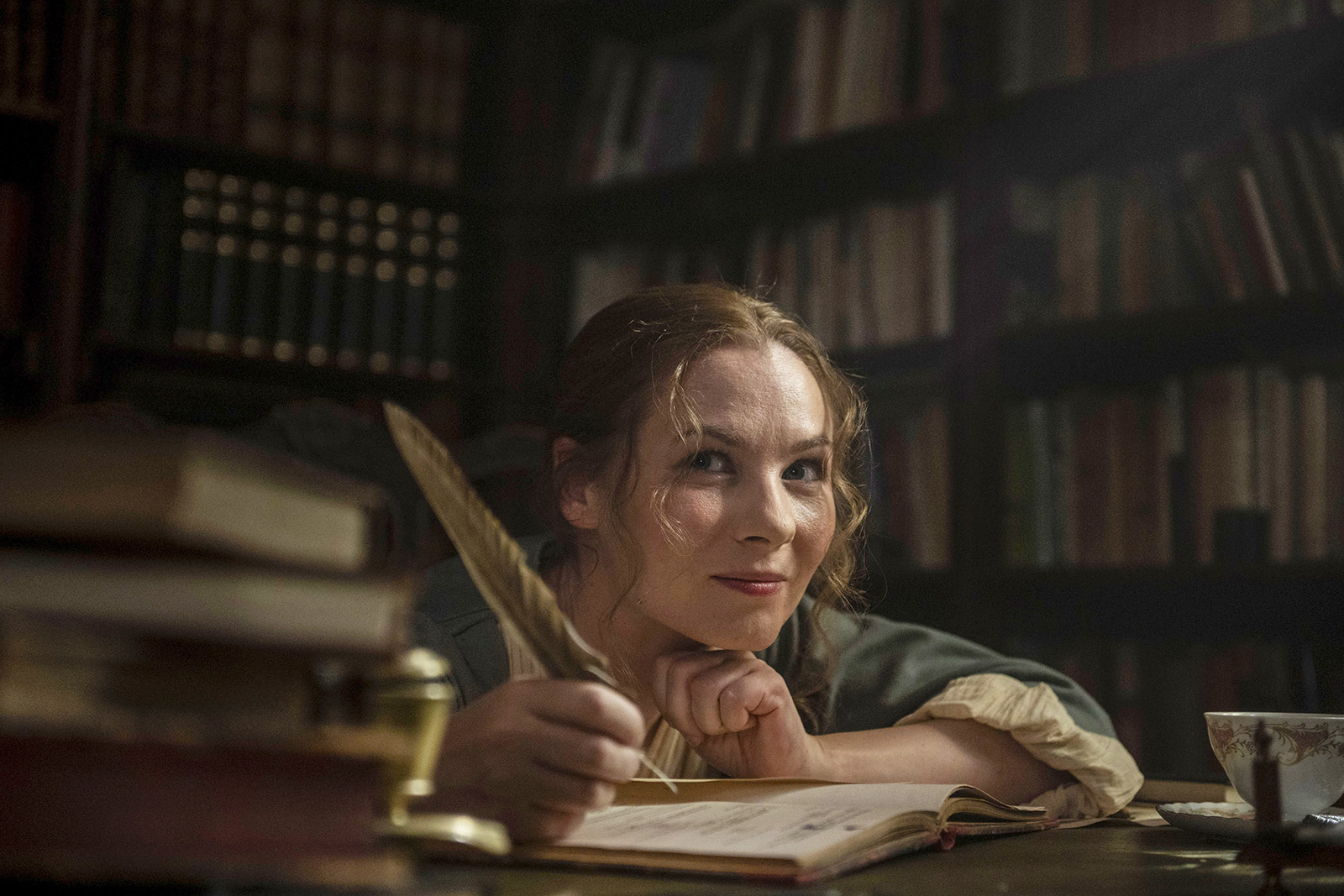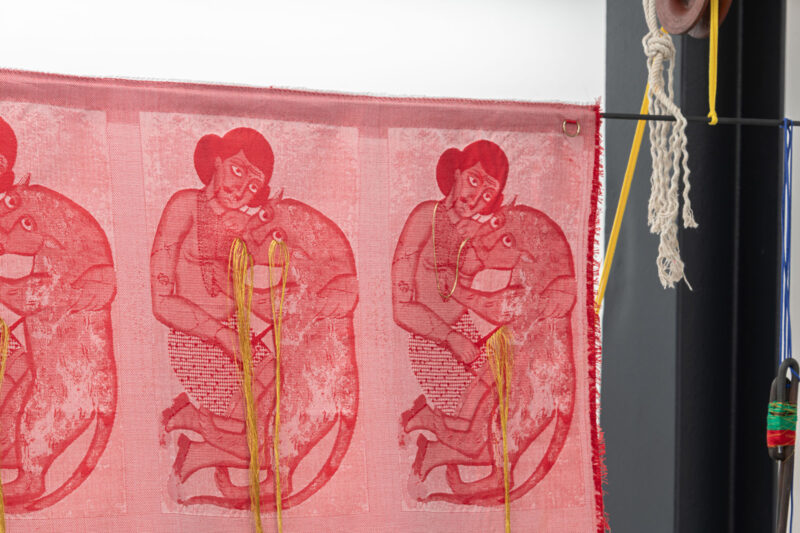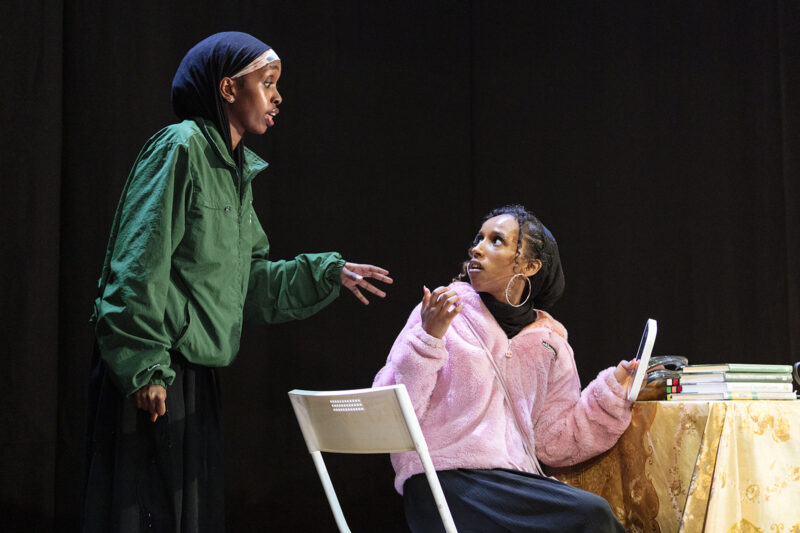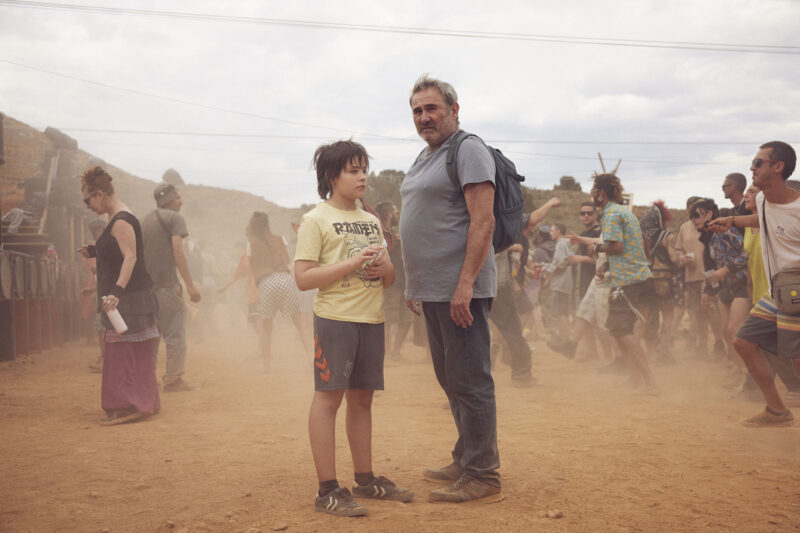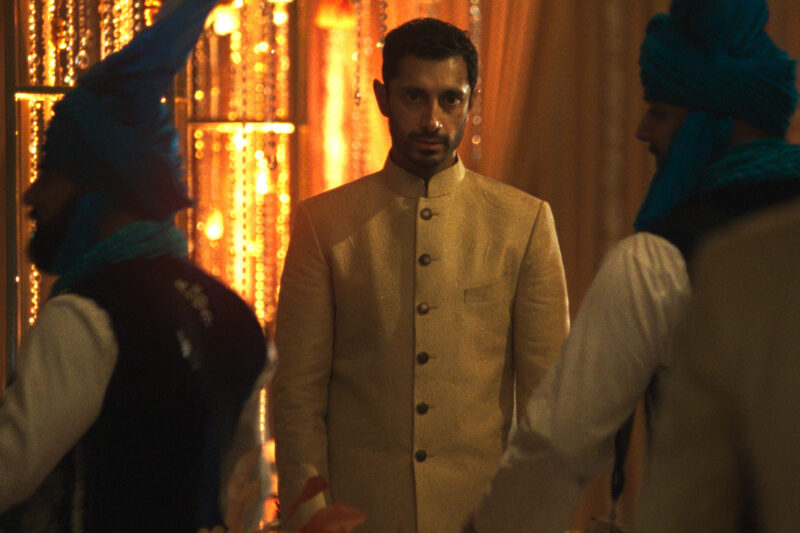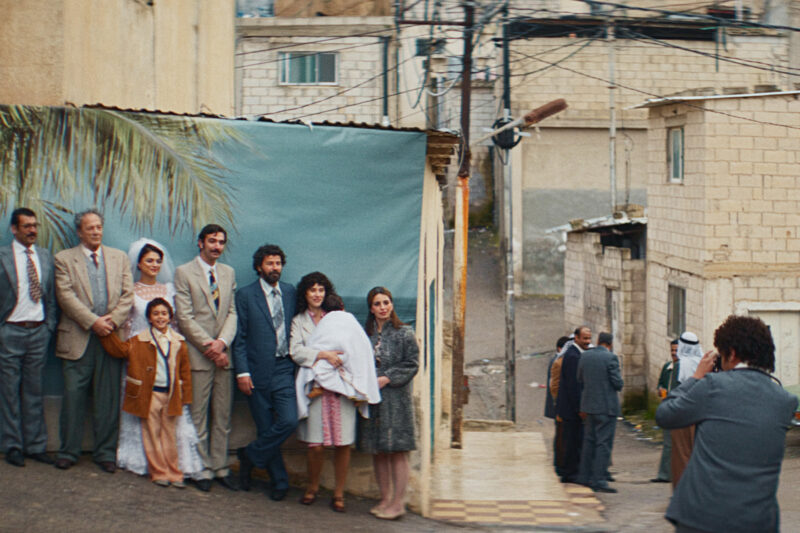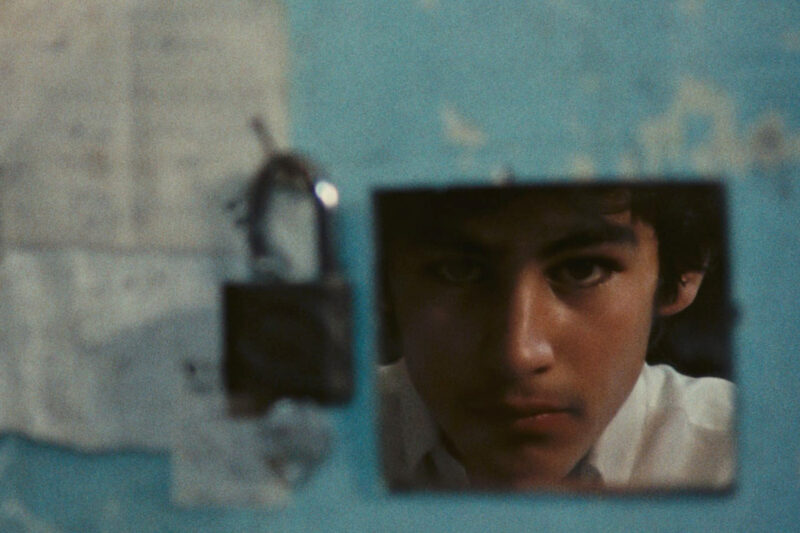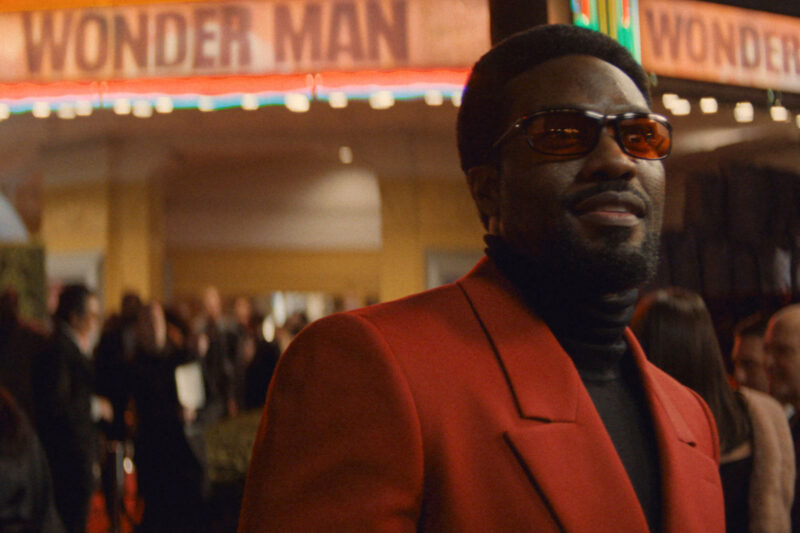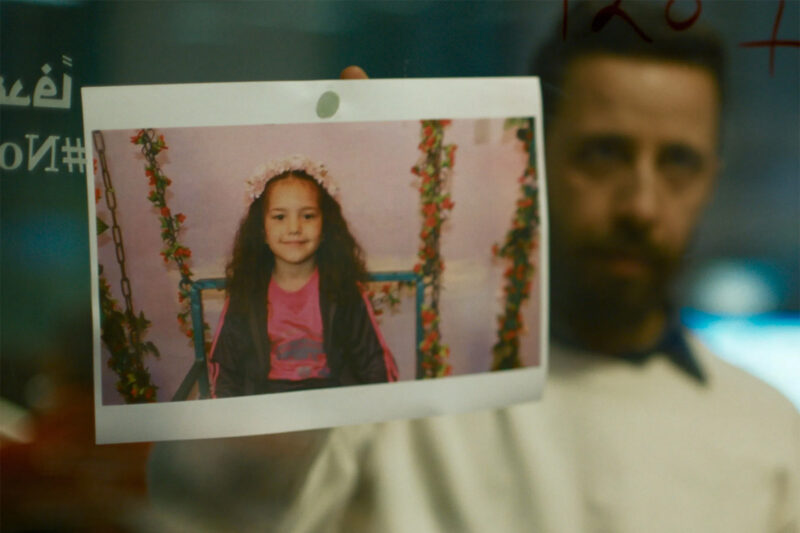Rahul Kohli knows exactly how to command a screen
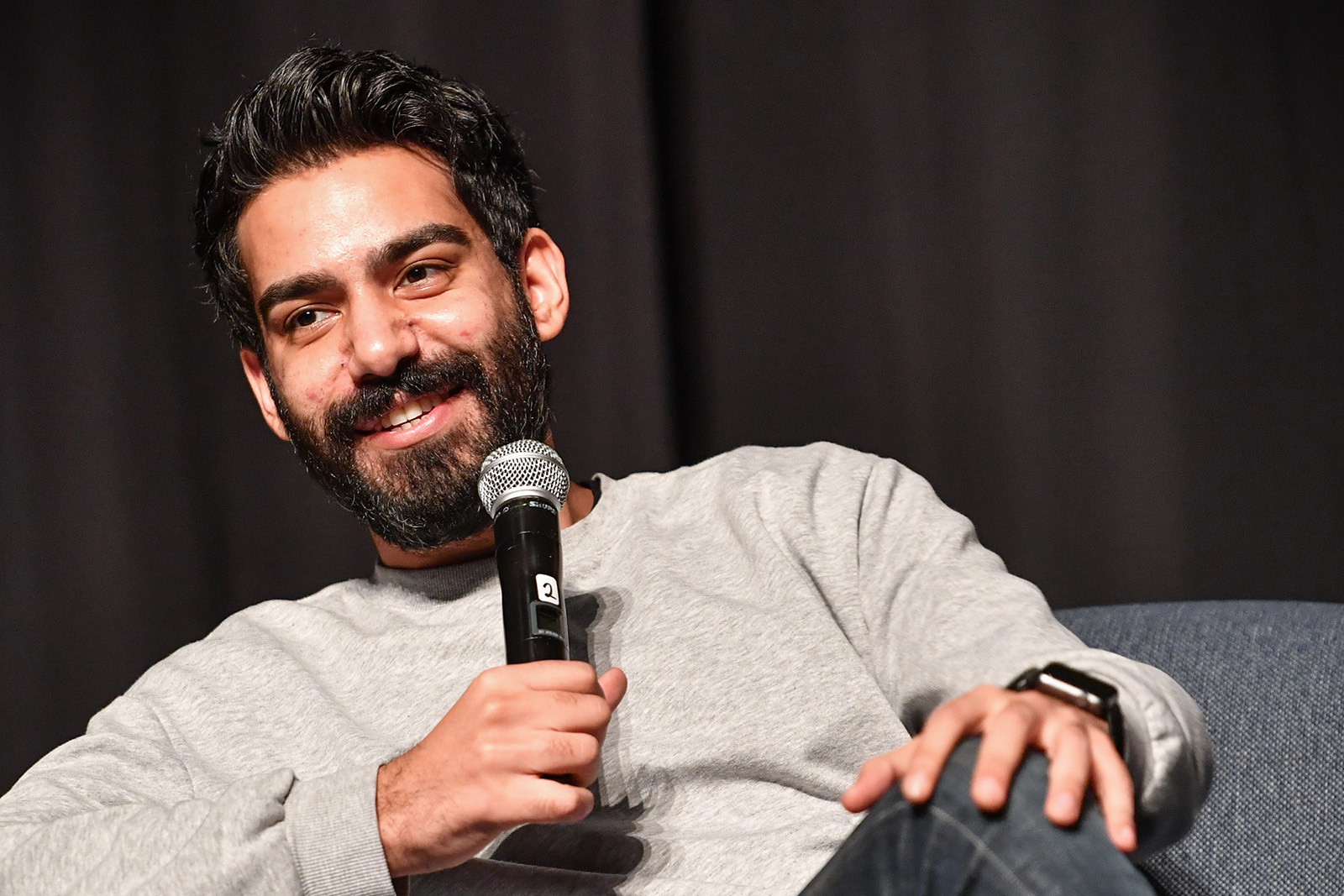
Kohli teams up again with frequent collaborator Mike Flanagan in The Life of Chuck, as our columnist celebrates the actor’s career
To know Rahul Kohli’s work as an actor is to love him. The British child of immigrants — mother from Thailand, father from Kenya, grandparents from pre-Partition India — he has become a central figure in prestige horror. He’s funny, magnetic and can throw away a line with the ease of someone who knows exactly how to command a screen. And yet, the idea of a Muslim or South Asian man at the emotional heart of a genre series is still rare enough to be noteworthy.
We get to see Kohli at his best again in his frequent collaborator Mike Flanagan’s The Life of Chuck. Adapted from Stephen King’s 2020 novella, it’s a story that asks us what makes life worth living in the first place.
Flanagan has built his reputation on slow-burn horror that’s less about jump scares and more about grief, guilt and the fears we carry within us. He’s also put together an enviable stock company of actors over the years including Samantha Sloyan, Mark Hamill and Kate Siegel, with Kohli arguably the most reliably compelling member.
The Life of Chuck is already riding high on its Toronto international film festival People’s Choice award win, and for good reason. It’s Flanagan’s most overtly emotional work yet — a time-reversed trip from the end of the universe to the childhood of one man, Chuck Krantz, an accountant who loves to dance, played by the always charming Tom Hiddleston.
The film commences with Chuck in hospital, dying from a brain tumour as the universe around him collapses, then traces his glee-filled life pre-diagnosis and his more tragic childhood.
Kohli plays a supporting role as Bri, who works at the hospital where Chuck spends his final days. It’s not horror exactly, but Flanagan has always known that the most haunting stories are about the moment you realise something is ending and your fate is inescapable. That’s where Kohli thrives: in roles where the emotional stakes are huge but the delivery is microscopic, measured in the twitch of a smile, and underlying trauma inhabits the pauses between lines.
Flanagan deserves credit for creating space for this kind of work, but it’s Kohli who fills it and makes it seem obvious, in retrospect, that a horror series could centre a widowed sheriff, or that a haunted mansion’s emotional anchor could be a South Asian chef from London.
Kohli’s career is proof that you can dismantle a stereotype without ever looking like you are breaking a sweat. Whether he’s tasked with making the audience laugh, cry or scream, he consistently portrays fascinating human beings.
We see it in the Netflix series The Haunting of Bly Manor (2020), with his character Owen Sharma the source of much-needed levity in a story thick with doomed love and loss. And in Midnight Mass (2021) — Flanagan’s masterwork on faith, fanaticism and the quiet terror of human frailty — Kohli’s sheriff Hassan is the lone Muslim in a largely Catholic island community. The set-up sounds like the beginning of a bad post-9/11 procedural episode, but Flanagan and Kohli turn it into something richer. Hassan’s Islam is present, visible and completely un-exoticised. It simply exists as lived religion does for billions of people.
By the time The Fall of the House of Usher (2023) rolled around, Kohli was ready for something else entirely — a swaggering, coke-fuelled trust-fund baby, as far from Hassan’s quiet steadiness as possible. “Mike doesn’t want me to repeat myself, I can’t play sheriff Hassan forever,” Kohli has said.
He also embodies something seldom offered to South Asian men in western media: desirability. Not in the forced “hot guy” way that can feel like studios trying too hard to convince us to lust after Barry Keoghan, but in the simple fact of being tall, handsome, charming — and allowed to play characters who could believably be loved.
Kohli has fun with his newly appointed role as one of the internet’s boyfriends, reassuring those who send him thirsty tweets that: “It’s not creepy at all. Historically, brown men aren’t particularly sexualised in western media. If people want to ride Owen’s moustache or be cuffed by sheriff Hassan, I encourage it. We’re moving in the right direction.”
So yes, when The Life of Chuck lands in cinemas, you should see it. Not because it’s a rare prestige King adaptation with, thankfully, unproblematic representation. But because each time Kohli steps onto the screen, he’s rewriting a script that’s been stale for decades. The industry hasn’t quite caught up to him, but we should keep watching until it does.
 Newsletter
Newsletter


